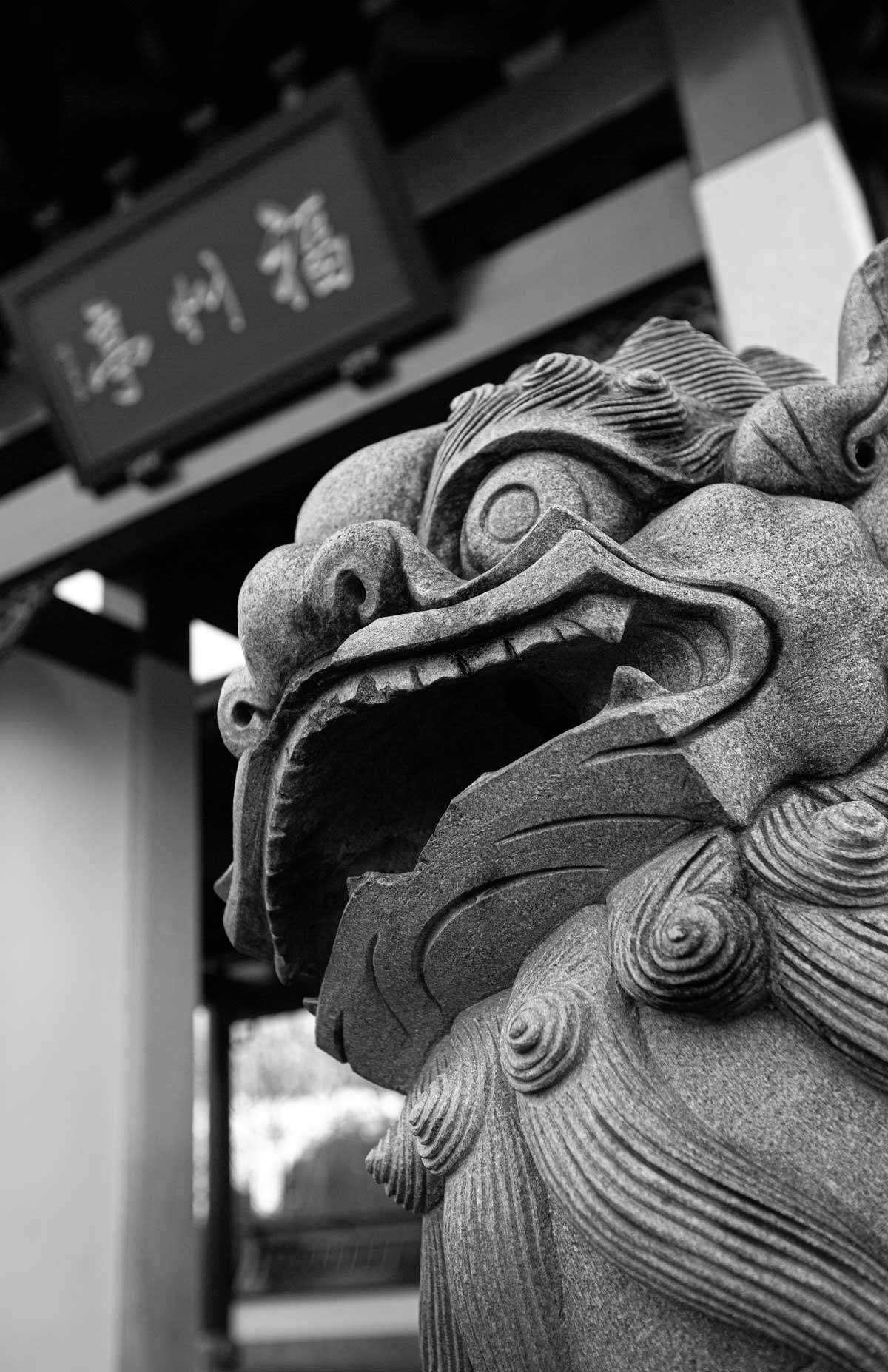The Human Becoming: A Lenten DevotionalSampel


Good Friday | Sorrow | Rev. Sarah Wiles
This is the day we gather around the cross.
It is, admittedly, a strange place to gather. It is strange, and awful, in the full sense of the word. It is a place full of awe, and awful at the same time. And on this day, we draw closer, like a moth to a flame.
…Why? Why do we gather?
We gather here because there’s room. We gather here because we can’t help it, and we need it. We gather here because this is where death did its worst and was revealed to be empty.
Everywhere else we go in the world we are expected to pretend that we have it all together, that we are not completely falling apart all of the time.
But here, at the cross, all of that falls away. Because here, at the cross, we see God Almighty set all that aside with a finality that sets us free. We do not have to pretend. There is no shame too great for this place of shame. There is no fear, no despair, no grief too deep for the depths we find here.
This is the place where we are met by a savior who cries with us. Who shouts,eli, eli, lema sabacthani! My God, my God, why have you forsaken me? We gather around that cry, and we discover that in our most God-forsaken, the Son of Man, the Human One cries out with us, sanctifies to us our deepest distress. That’s why we gather at the cross.
InThe Book of Delights, the poet Ross Gay wonders about this very thing, this gathering around the reality and truth of suffering and how it makes us human.
Among the most beautiful things I’ve ever heard anyone say came from my student Bethany, talking about her pedagogical aspirations or ethos, how she wanted to be a teacher, and what she wanted her classrooms to be. She said, ‘What if we joined our wildernesses together?’ Sit with that for a minute. That the body, the life, might carry a wilderness, an unexplored territory, and that yours and mine might somewhere, somehow, meet. Might, even, join.
And what if the wilderness—perhaps the densest wild in there—thickets, bogs, swamps, uncrossable ravines and rivers (have I made the metaphor clear?)—is our sorrow? Or, to use Smith’s term, the ‘intolerable.’ It astonishes me sometimes—no, often—how every person I get to know—everyone, regardless of everything, by which I mean everything—lives with some profound personal sorrow. Brother addicted. Mother murdered. Dad died in surgery. Rejected by their family. Cancer came back. Evicted. Fetus not okay. Everyone, regardless, always, of everything. Not to mention the existential sorrow we all might be afflicted with, which is that we, and what we love, will soon be annihilated. Which sounds more dramatic than it might. Let me just say dead. Is this, sorrow, of which our impending being no more might be the foundation, the great wilderness?
Is sorrow the true wild?
And if it is—and if we join them—your wild to mine—what’s that?
For joining, too, is a kind of annihilation.
What if we joined our sorrows, I’m saying.
I’m saying: What if that is joy?
This is the strange, awful, awe-full, reality of the cross. We gather and we bring our deepest brokenness, and as we gather, we find that we are gathered up as well. It’s here that we finally find the deepest revelation of the Human One and can descend into the very depths of our humanity as well.
Dwelling Among Us
Reflection
Is there a word or phrase that stands out to you? What is it calling forth?
Discussion
What is your wilderness of sorrow? What do you bring to the cross this year?
Public Action
Find a cross to be near today. It might be a literal cross in your place of worship, or it might be a metaphorical cross—the suffering of a friend, a site of homelessness, or the barren land outside of a detention center. Gather there and sink into the shared wilderness and humanity of this place.
Perihal Pelan

The Lenten journey is a counterintuitive journey to life by way of the cross. Each year at this time we are invited to turn and face those things from which we would rather run and hide. We walk to the cross where we experience the great unveiling and see things as they really are. We see God for who God is, and we discover ourselves for who we are.
More
Pelan yang Berkaitan

Mengasihi dan Terus Mengasihi

Memahami Hidup Anda

Malam Kudus | 5 Renungan Menjelang Krismas

Menyenangkan Hati Allah

Semua Yang Jerih Lelah: Allah Menyertai Saya

Benih: Apa dan Mengapa

Menyerahkan Usaha Anda kepada Tuhan

Bangkitlah dan Bersinarlah

Terpilih - Mendedahkan Wanita dalam Kristus
